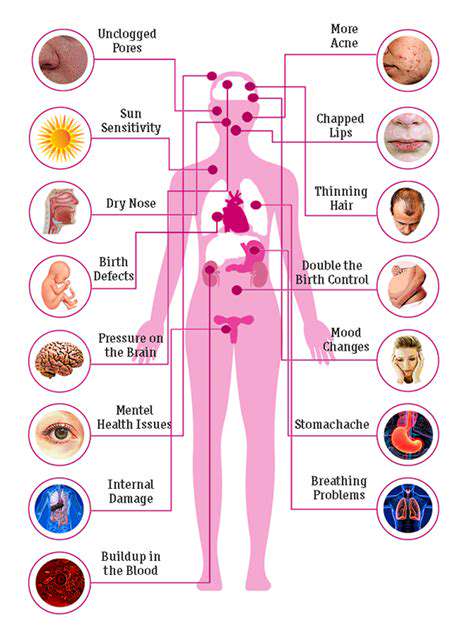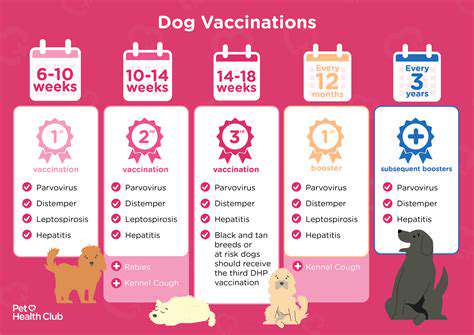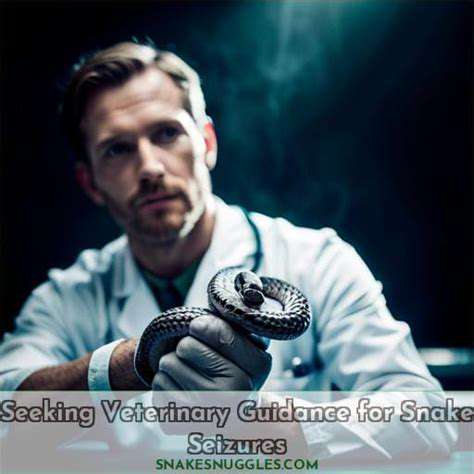How to identify vaccine side effects in dogs
Recognizing Normal Post-Vaccination Reactions
After a dog receives a vaccination, it's common to observe mild and temporary reactions that typically resolve within a day or two. These reactions may include slight swelling at the injection site, which usually appears within a few hours and diminishes quickly without intervention. Additionally, some dogs might experience a bit of lethargy or reduced activity levels, but this should not last longer than 24 hours. Understanding these normal responses helps pet owners differentiate between expected side effects and more serious issues requiring veterinary attention.
Signs of Mild Allergic Responses
While rare, some dogs may develop mild allergic reactions following vaccination. Signs include localized itching, mild redness, or small bumps around the injection area. In certain cases, dogs might experience sneezing or watery eyes, reflecting a minor allergic response. These symptoms are usually manageable and tend to improve without the need for medication. However, pet owners should monitor their dogs closely to ensure symptoms do not escalate, and seek veterinary advice if any signs persist or worsen.
It's important to note that mild allergic reactions are different from severe ones, which can involve difficulty breathing, swelling of the face, or vomiting. Recognizing the difference enables timely intervention and helps prevent complications. Keeping an eye on your dog after vaccination and noting any unusual behavior will ensure prompt action if needed. Always consult your veterinarian if you are unsure about the reactions your dog is exhibiting.
Common Behavioral Changes to Expect
Some dogs may exhibit behavioral changes following vaccination, such as slight irritability or increased restlessness. These changes are usually transient and linked to mild discomfort or stress from the injection process. A dog that is normally energetic might seem a bit subdued for a day or two, which is generally considered normal. Providing a calm environment and offering reassurance can help your pet recover comfortably and reduce anxiety related to the vaccination experience.
In some cases, dogs may also experience a temporary decrease in appetite following vaccination. This is often due to mild discomfort or fatigue and should resolve within a short period. Pet owners should monitor their dog's behavior and ensure they are staying hydrated and comfortable. If behavioral changes persist beyond a few days or if your dog exhibits signs of distress, consulting your veterinarian is advisable to rule out any underlying issues.
When to Seek Veterinary Assistance
Understanding when a mild side effect warrants veterinary attention is crucial for ensuring your dog's safety. Typically, if symptoms such as swelling or soreness at the injection site persist beyond 48 hours, or if behavioral changes worsen or do not improve, it's prudent to contact your veterinarian. Persistent swelling or signs of infection, like warmth or pus, require medical evaluation and possible treatment.
Moreover, if your dog develops signs of an allergic reaction, such as facial swelling, difficulty breathing, or persistent vomiting, immediate veterinary care is essential. These are signs of a severe allergic response that can be life-threatening if not addressed promptly. Always err on the side of caution and consult your veterinarian if you're uncertain about your dog's symptoms following vaccination. Prompt action can prevent complications and ensure your pet's well-being.

The impact of environmental triggering factors on children's behavior cannot be ignored
Monitoring Your Dog Post-Vaccination

Post-Vaccination Observation Period
Following your dog's vaccination, a crucial period of observation commences. This period allows you to monitor for any adverse reactions, ensuring your dog's well-being. Observing your dog closely for any changes in behavior or physical condition is paramount during this time. It's essential to be vigilant and recognize any unusual symptoms, as prompt intervention can be critical for a quick recovery.
Be sure to pay attention to the specific vaccination schedule and the instructions provided by your veterinarian. These guidelines will often include recommended monitoring times. This information will help you determine the appropriate duration of observation and the specific symptoms to watch for.
Identifying Potential Adverse Reactions
While vaccinations are generally safe, some dogs may experience mild to moderate side effects. These can include lethargy, loss of appetite, or localized swelling at the injection site. These reactions are often temporary and resolve on their own within a few days. However, severe reactions such as difficulty breathing, seizures, or significant swelling warrant immediate veterinary attention.
Knowing what to look for is key to providing the best care for your dog. Familiarize yourself with the potential side effects of the specific vaccine administered to your dog. This knowledge will enable you to recognize any deviations from normal behavior and take appropriate action.
Managing Potential Pain or Discomfort
If your dog experiences discomfort or pain at the injection site, you can provide gentle care. A cold compress or a soothing topical ointment can help reduce inflammation. Always consult your veterinarian before administering any medication, including over-the-counter pain relievers. Improper use of medication can be detrimental to your dog's health.
Maintaining Normal Activity Levels
Following vaccination, it's important to encourage your dog to maintain their normal activity levels, but within reason. Avoid strenuous exercise or overly stimulating activities for a day or two after the vaccination. Allow your dog to rest and recover, enabling the body to effectively process the vaccination.
A gradual return to normal activity will aid in the healing process and minimize the risk of complications. Listen to your dog's cues and adjust their activity level accordingly. If your dog shows signs of discomfort or reluctance to move, ensure they get ample rest.
Recognizing and Addressing Serious Reactions
In rare cases, serious adverse reactions to vaccinations can occur. These reactions require immediate veterinary attention. Symptoms such as difficulty breathing, seizures, or significant swelling should not be ignored. Prompt veterinary intervention is crucial for these situations.
If you observe any of these serious reactions, contact your veterinarian immediately. They will be able to assess the situation and provide the necessary treatment to ensure your dog's safety and well-being.

- Heat Hazards for Dogs: Preventing Heat Stress and Ensuring Their Safety
- Preventing Canine Heatstroke: Recognizing Symptoms in Dogs
- Signs your dog may need a vet check up
- How to keep your dog’s coat shiny and healthy
- Caring for your aging dog’s teeth and gums
- How to manage a dog’s separation anxiety at night
- How to choose grain free dog food
- Allergy symptoms to watch for in dogs during spring
- How to prevent sibling rivalry between dogs
- The best tick prevention collars for dogs
- How to spot nutritional deficiencies in dogs
- How to prevent obesity in dogs